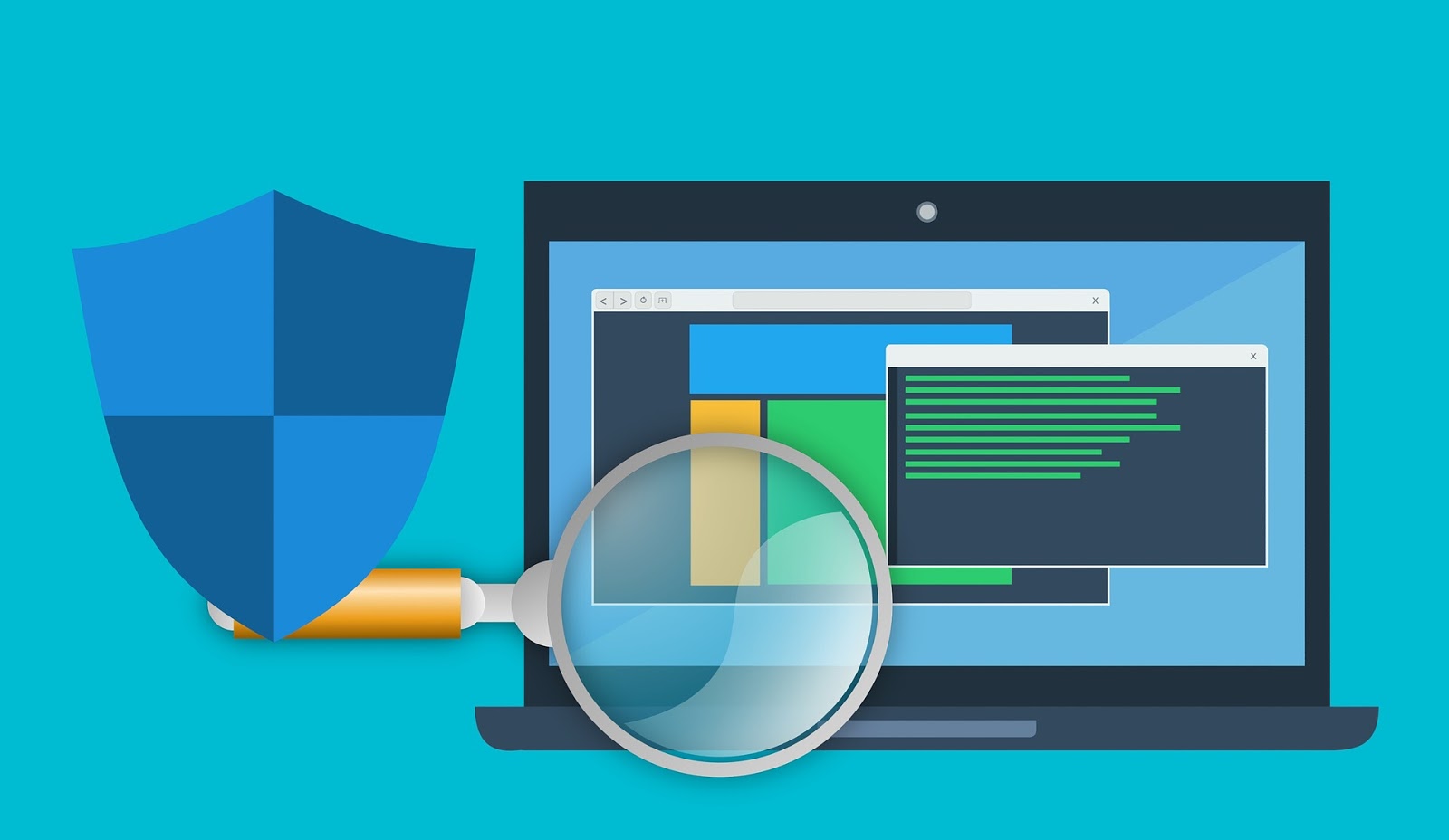
Laptops and notebook computers make working anywhere a breeze. Imagine having to work on your emails out of the office using your desktop. That would be a bit of a problem, wouldn’t it? Good thing you don’t have to lug around large, bulky desktops and have a device that fits in your bag. That portability does come with issues as well. Because laptops are smaller, they are easily stolen and because they are most often used in public, they are also often accessed by unauthorized users. They are also subject to many of the same software security issues desktop computers suffer. Installing firewall freeware is a step in the right direction and here are 10 simple steps to keeping your laptop secure.
Require A Login Password
The first, and some may say most important, step to securing your laptop begins at the login screen.
Adding a password to your login screen secures your computer, preventing unauthorized users from accessing your computer. Make sure to create a password that is difficult to guess, so avoid using pet’s names, anniversary or birthdays, or the name of loved ones.
Password Protect Your Screensaver
We sometimes leave our computer unattended for a bit. This can be a security risk, especially for laptops left in public. Adding a password to your screensaver helps prevent unauthorized use of idle computers. Just like with login passwords, make sure screensaver passwords are strong and hard to guess.
Encrypt The Contents Of Your Hard Drive
Protecting your computer with a password is a good start, but it shouldn’t end there. Sometimes even with password protection, hackers can still gain access to your computer. Encrypting your hard drive’s contents stops people from trying to access your hard drive directly.
Always Backup Your Data
Many things can cause you to lose access to your data on your laptop. From ransomware and other malware attacks to hardware failure and even losing your computer to accidents or theft.
Backing up your data is essential, especially if you have a lot of important data. You can back up to local devices such as disks or other storage devices, or you could shift to a cloud backup solution.
Keep Everything Up To Date
The software can sometimes come with security vulnerabilities. App developers release updates to combat this, allowing your computer and other software to remain malware-free.
Updates also help improve the user experience and usability of apps and the operating system, so updates are a win for users.
Protect Your Privacy
We hate shoulder surfers. For annoying snoops, a privacy screen works wonders, keeping them away from looking at your screen.
Webcams can become a danger, especially when malware infects your laptop. Hackers have even found a way to disable the webcam indicator light that shows up when the webcam is on. A webcam cover solves this issue handily, slotting over your webcam lens and blocking the view.
Use A Virtual Private Network
Public WiFi networks, while convenient, can be insecure and prone to malicious actors. Using a Virtual Private Network (VPN) secures your browsing session and keeps people from tracking you while on the internet. Remember to select a VPN with a good privacy policy, as the VPN can track what you do. It’s also worth remembering that certain websites won’t allow full access once a VPN is activated, for example, your favourite bingo sites will probably need to know your location to ensure you’re geographically located in a region where they can accept bets.
Use A Kensington Cable
Kensington cables are a great anti-theft device, especially if you use your laptop in public places. Look into anti-theft devices for your laptop when you work outside or travel with your computer.
Location Finding Is Your Friend
Losing your computer can be a pain. The loss of property and data can be a huge blow. If you are okay with taking a small privacy risk, location finding apps and services for laptops can be a boon. Just remember that these apps and services can track you.
Install An Antivirus And Firewall App
Malware attacks can come in many shapes and forms. Ransomware, trojans, worms, viruses, the list goes on. While these can pose a danger to your data, you can protect yourself by installing an antivirus app and a firewall.
Antivirus apps scan for and remove malware and offer protection against malware infection. There are many options available on the market today, from premium antivirus software to free versions with limited options locked behind a paywall.
Firewalls, meanwhile, allow you to monitor internet activity and block any activity that looks suspicious. Just like antivirus software, there are a lot of options available. Shop around and choose one that’s right for you.
And there you have it, 10 tips on computer security for your laptop. Even a few simple things can mean the difference for your data, so don’t skip out on computer security.





